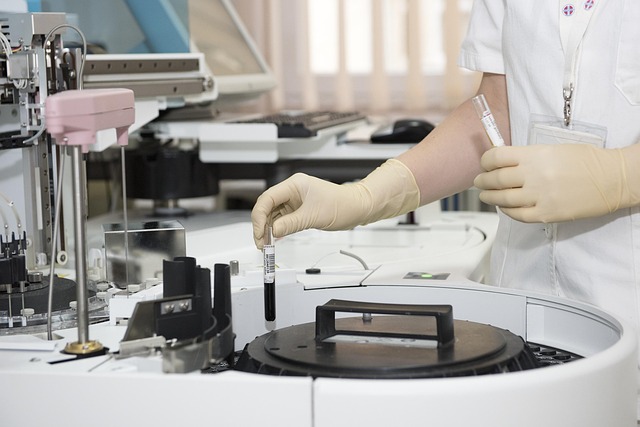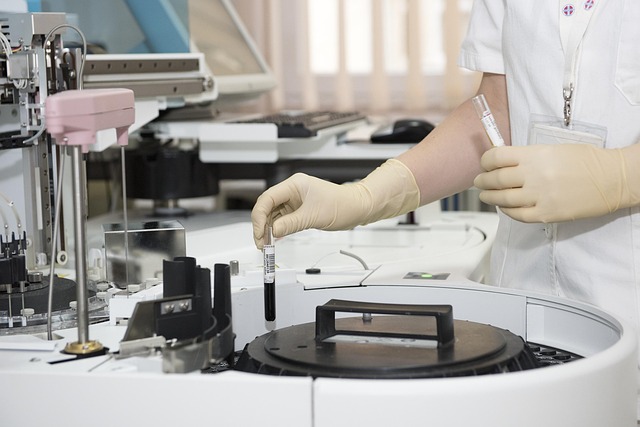Revolutionizing Healthcare: The Rise of Robotic Medical Technology
In recent years, the field of healthcare has witnessed a remarkable transformation, with robotic medical technology leading the charge in innovation. The integration of robotics into healthcare not only enhances patient outcomes but also reshapes the way medical professionals deliver care. As technology evolves, we find ourselves on the brink of a new era where robots become indispensable allies in the pursuit of better health.
One of the most significant innovations in robotic medical technology is the advent of robotic surgical systems. These sophisticated machines allow surgeons to perform minimally invasive procedures with unparalleled precision. By utilizing advanced imaging and robotic arms, surgeons can conduct surgeries through tiny incisions, resulting in reduced recovery time and less postoperative pain for patients. Imagine undergoing a complex procedure and heading home the same day. This is not a distant dream; it’s a reality made possible by the advancements in robotic technologies.
Furthermore, hospitals are increasingly adopting robotic assistants to support healthcare teams. These robots can assist in logistical tasks, such as delivering medications or transporting laboratory specimens, allowing medical staff to focus more on patient care. Such innovations not only streamline hospital operations but also minimize human errors, ensuring that patients receive timely treatments. In a world where every second counts, robotic technology is proving to be a game-changer.
Telepresence robots are another exciting development in the realm of robotic medical technology. These robots facilitate remote consultations and monitoring, bridging the gap between patients and healthcare providers, especially in rural or underserved areas. Imagine receiving expert medical advice while relaxing in your home, eliminating the stress of traveling long distances. Telemedicine powered by robotics is breaking down barriers and ensuring that high-quality care is accessible to all.
Moreover, robotic rehabilitation systems are revolutionizing how therapists work with patients recovering from injuries or surgeries. These devices provide tailored assistance, encouraging patients to regain strength and mobility in a controlled environment. The emotional impact on patients is profound; robotic technology offers new hope and motivation to those on difficult paths of recovery. Through innovative robotic systems, patients can experience rehabilitation in an engaging, supportive manner.
As healthcare continues to embrace robotic medical technology, we must also consider the ethical implications and the need for proper training. The successful integration of robots into healthcare requires a collaborative approach between technologists, healthcare providers, and regulatory bodies. We stand at a crossroads where innovation and ethics must go hand in hand to ensure patient safety and alleviate any concerns regarding privacy and data security.
In essence, the rise of robotic medical technology embodies a leap toward a healthier future. As we witness these advancements firsthand, the feeling of optimism and enthusiasm is palpable. With every new innovation, we inch closer to a world where healthcare is not just reactive, but proactive and personalized, catering to individual needs and lifestyles.
As we delve further into this fascinating landscape of robotic innovations, it is clear that the future of healthcare is not just about technology, but about enhancing the human experience. Embracing robotics in medicine paves the way for a new paradigm of care, one that prioritizes efficiency, accuracy, and compassion.




